Planetary Science
-
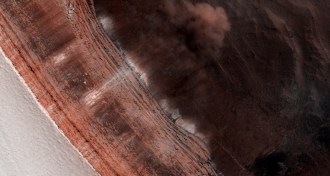 Planetary Science
Planetary ScienceShallow ice sheets discovered on Mars could aid future astronauts
Exposed water ice on steep Martian slopes suggest there’s a lot within a meter or two of the surface.
-
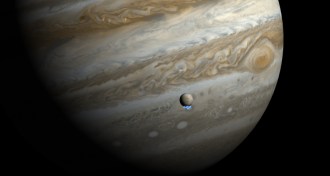 Planetary Science
Planetary ScienceHubble telescope ramps up search for Europa’s watery plumes
Astronomers are redoubling their efforts to confirm that the icy moon Europa spews water from its south pole.
-
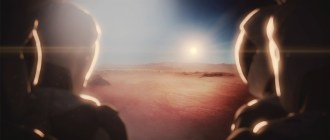 Planetary Science
Planetary ScienceHow to keep humans from ruining the search for life on Mars
As the race to put humans on Mars heats up, researchers worry they are running out of time to find life on the Red planet.
-
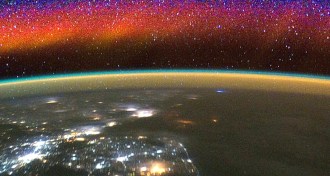 Planetary Science
Planetary ScienceNASA is headed to Earth’s outermost edge
NASA’s upcoming GOLD mission will study the charged border between Earth and space.
-
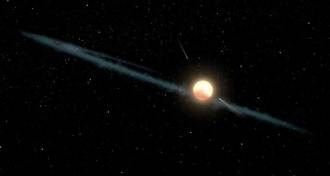 Astronomy
AstronomyAliens ruled out for why Tabby’s star flickers
The first real-time observations of Tabby’s star flickering put the final nail in the “alien megastructure” coffin.
-
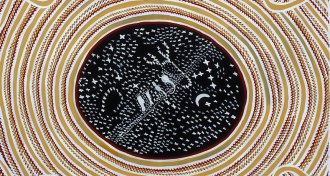 Astronomy
Astronomy86 stars get official names
The International Astronomical Union has released 86 newly official star names, based, in part, on historical star names from various indigenous cultures.
-
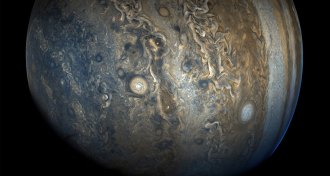 Planetary Science
Planetary ScienceHere’s what you might have missed in space this year
Missions to Jupiter and Saturn made big headlines, and 2017 also saw exciting updates from missions of years past.
-
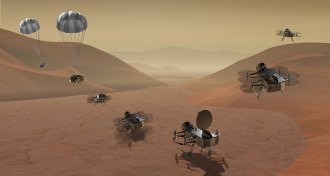 Astronomy
AstronomyNASA’s next stop will be Titan or a comet
The finalists for NASA’s next solar system mission aim to send a drone to Saturn’s largest moon or to return samples from a comet.
-
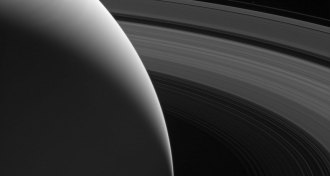 Planetary Science
Planetary ScienceSaturn’s rings are surprisingly young and may be from shredded moons
Final data from the Cassini spacecraft put a date and a mass on the gas giant’s iconic rings.
-
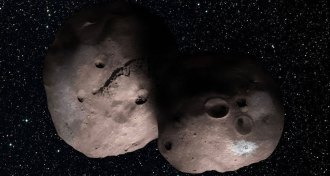 Astronomy
AstronomyNew Horizons’ next target might have a moon
New Horizons’ next target, Kuiper Belt object MU69, may have a small moon.
-
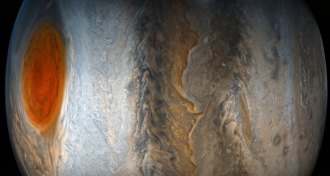 Planetary Science
Planetary ScienceJupiter’s massive Great Red Spot is at least 350 kilometers deep
NASA’s Juno spacecraft has measured the depth of Jupiter’s Great Red Spot for the first time.
-
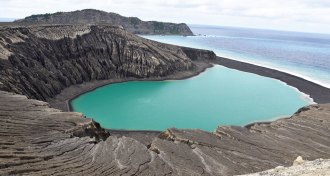 Earth
EarthWatching this newborn island erode could tell us a lot about Mars
The birth and death of a young volcanic island in the Pacific Ocean may shed light on the origins of volcanoes in Mars’ wetter past.